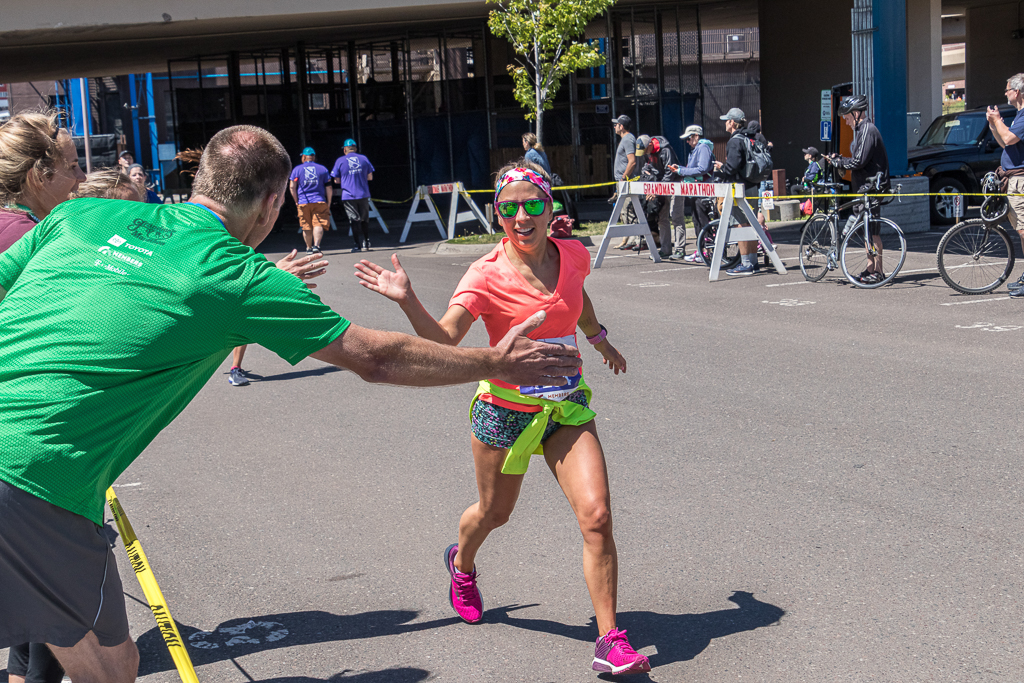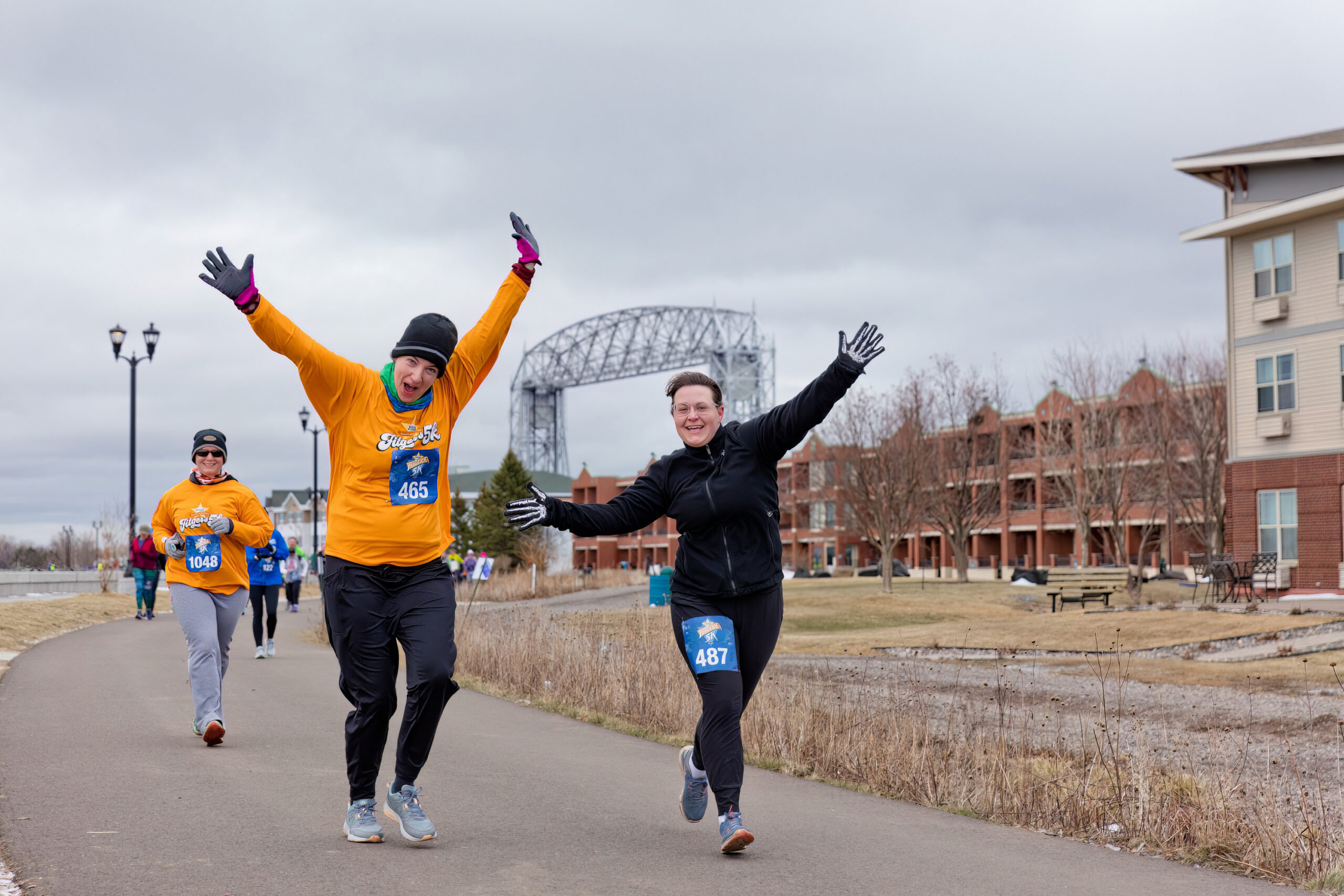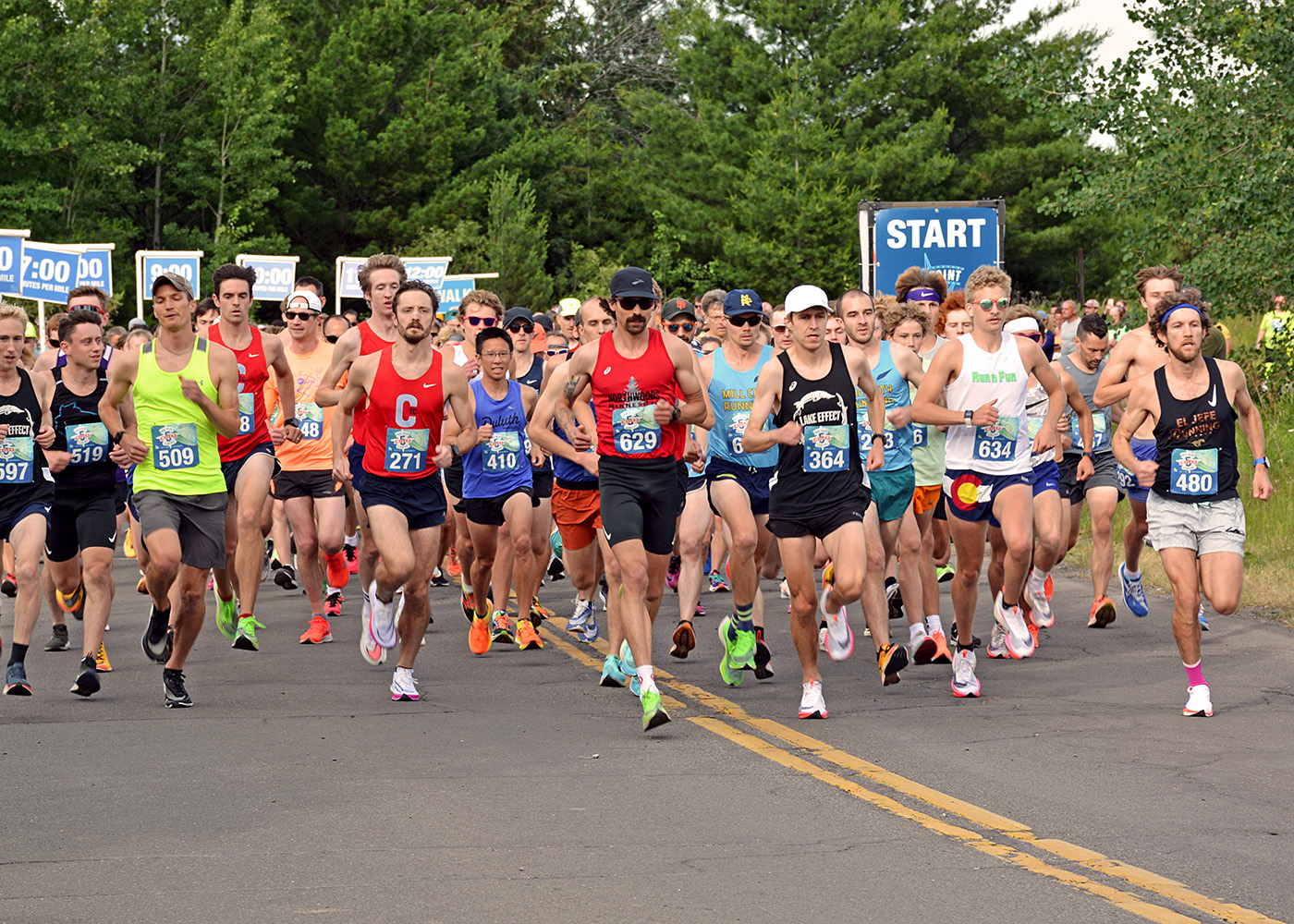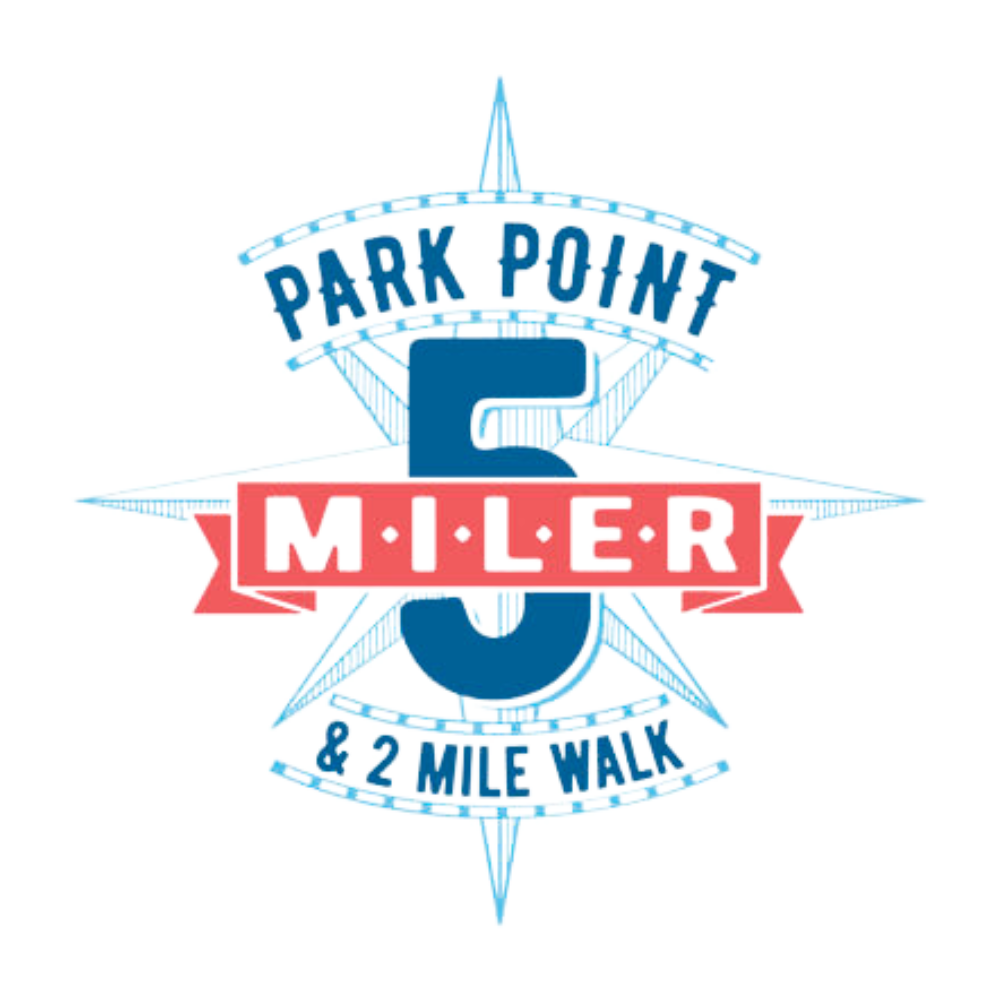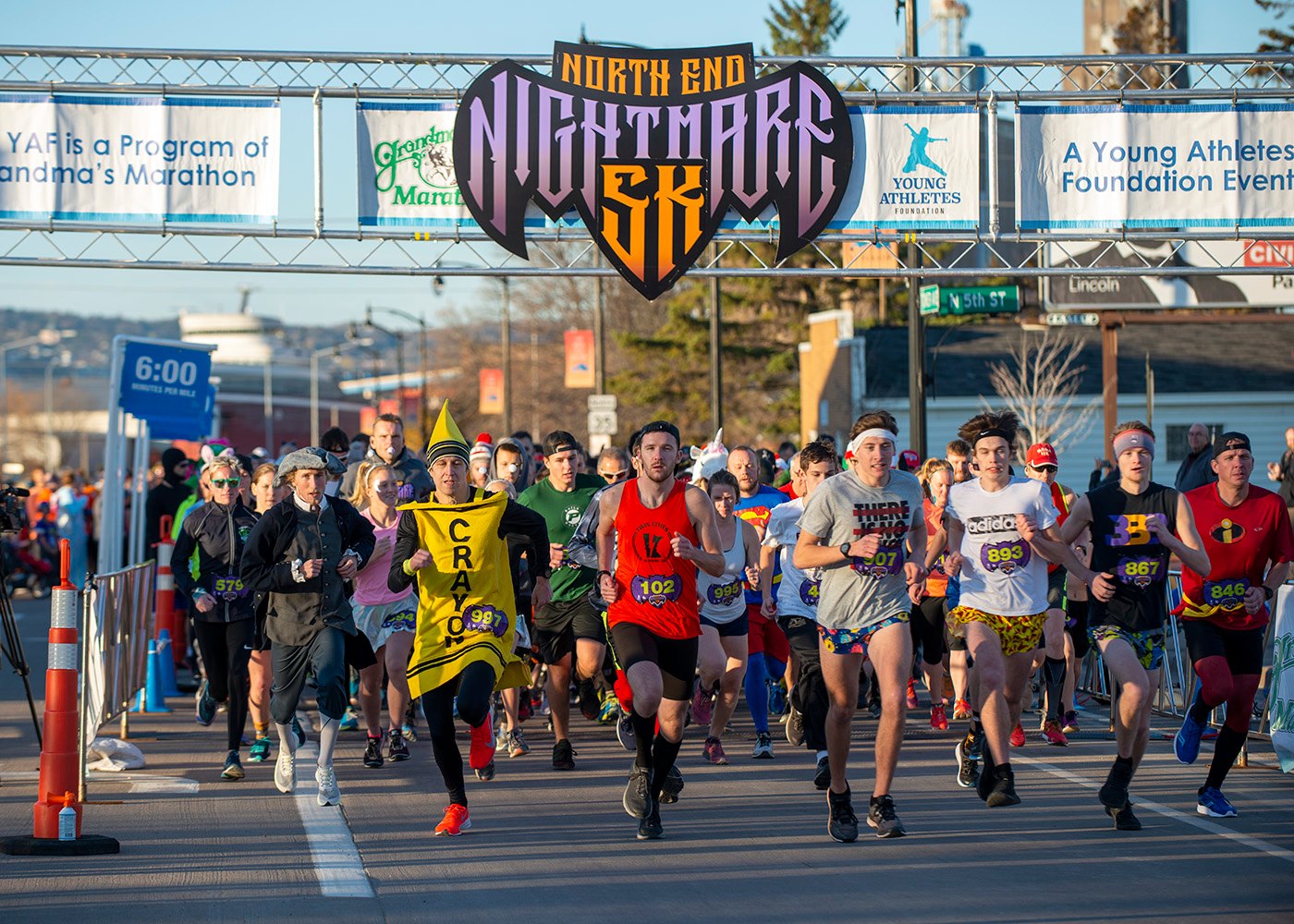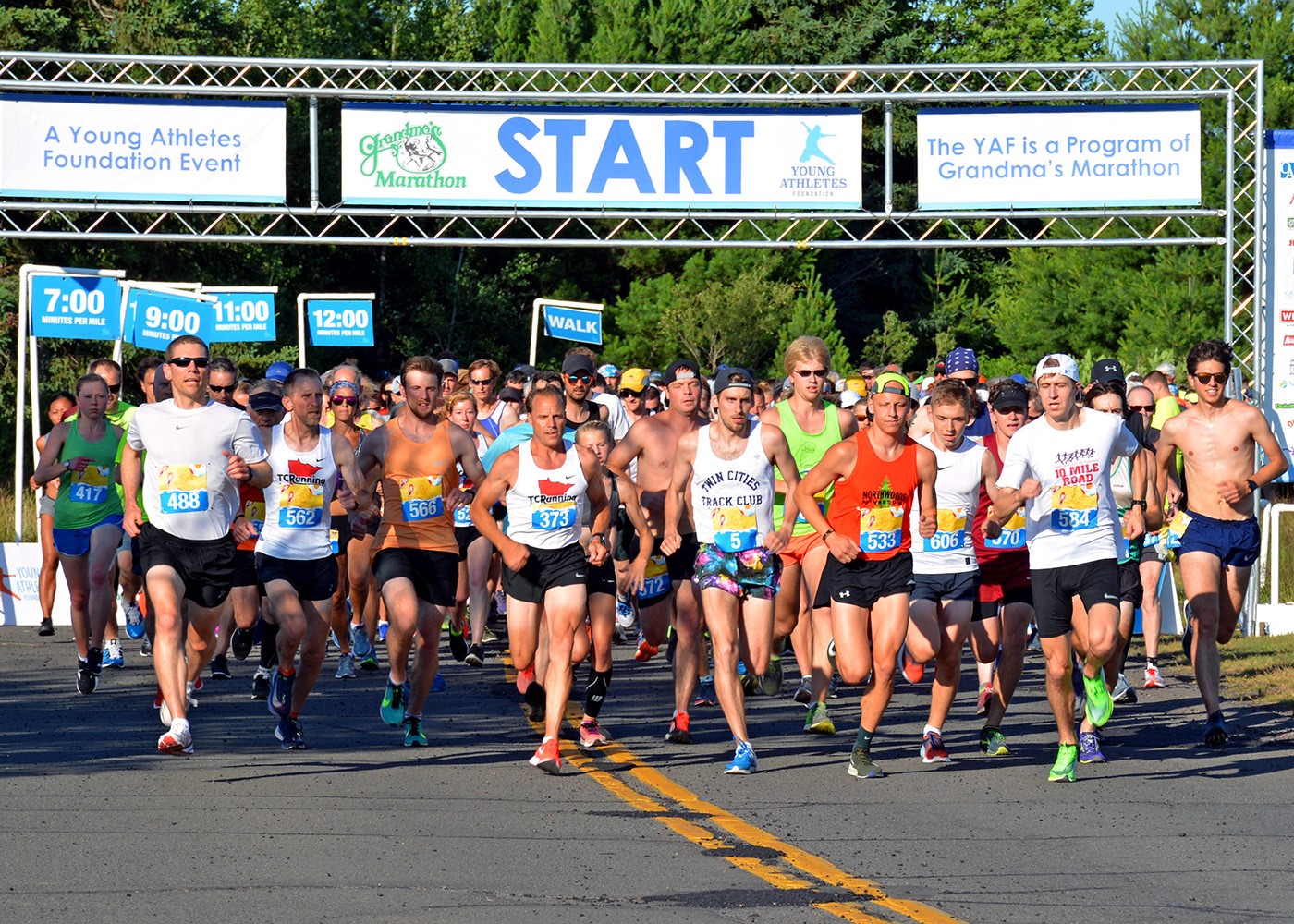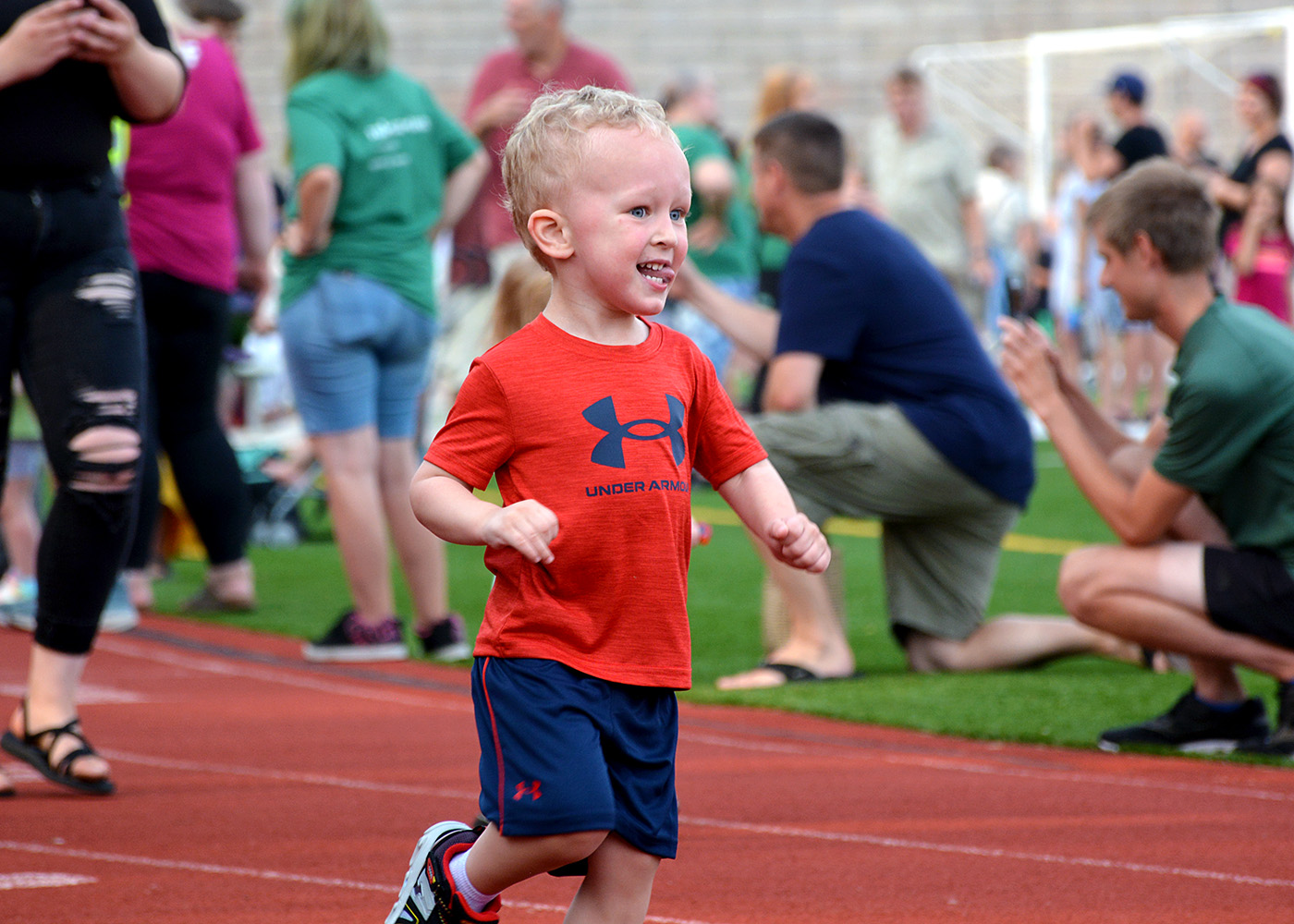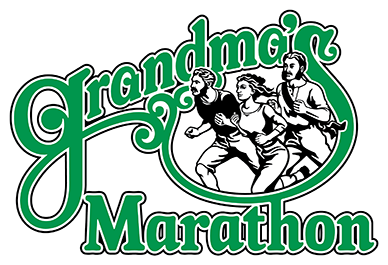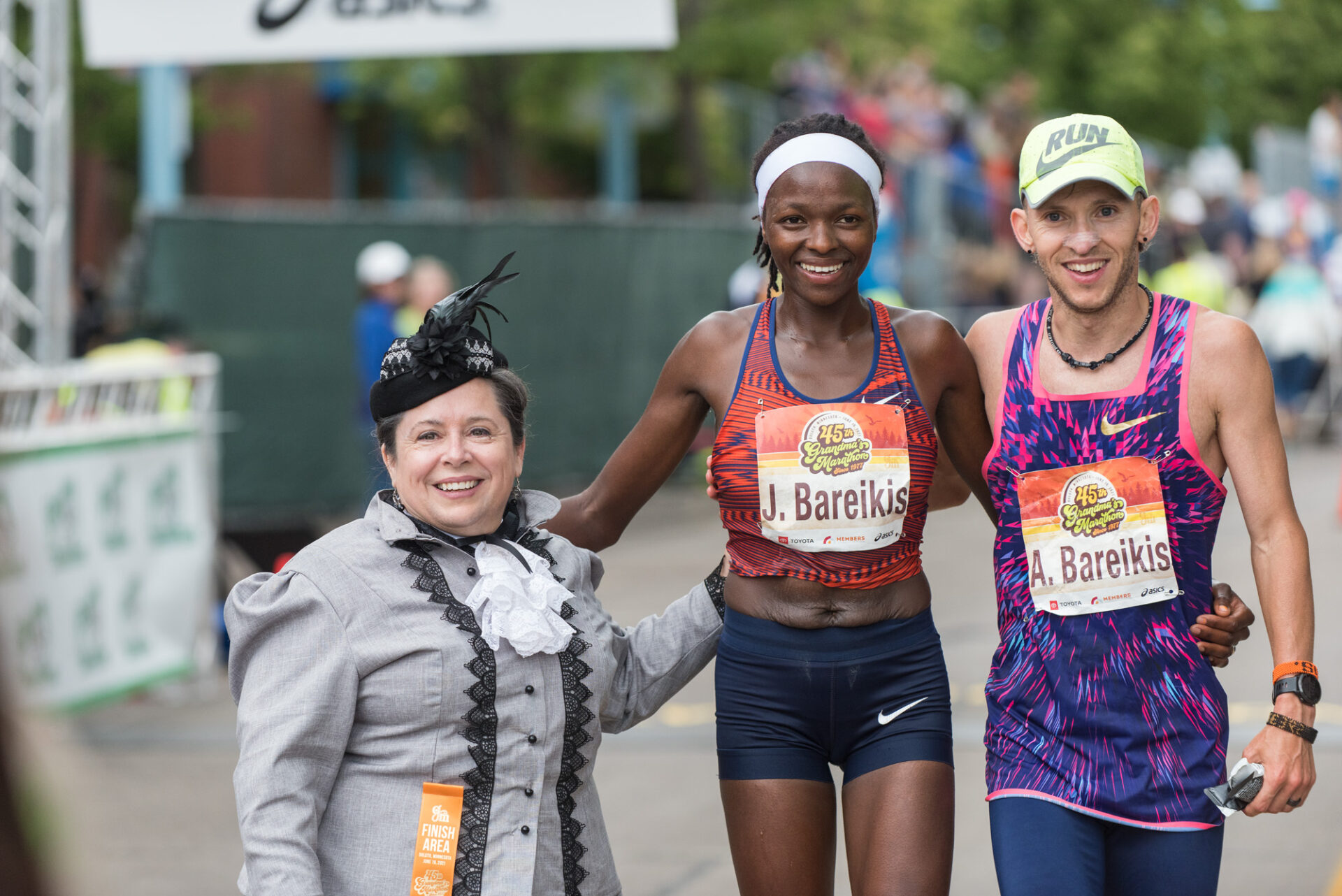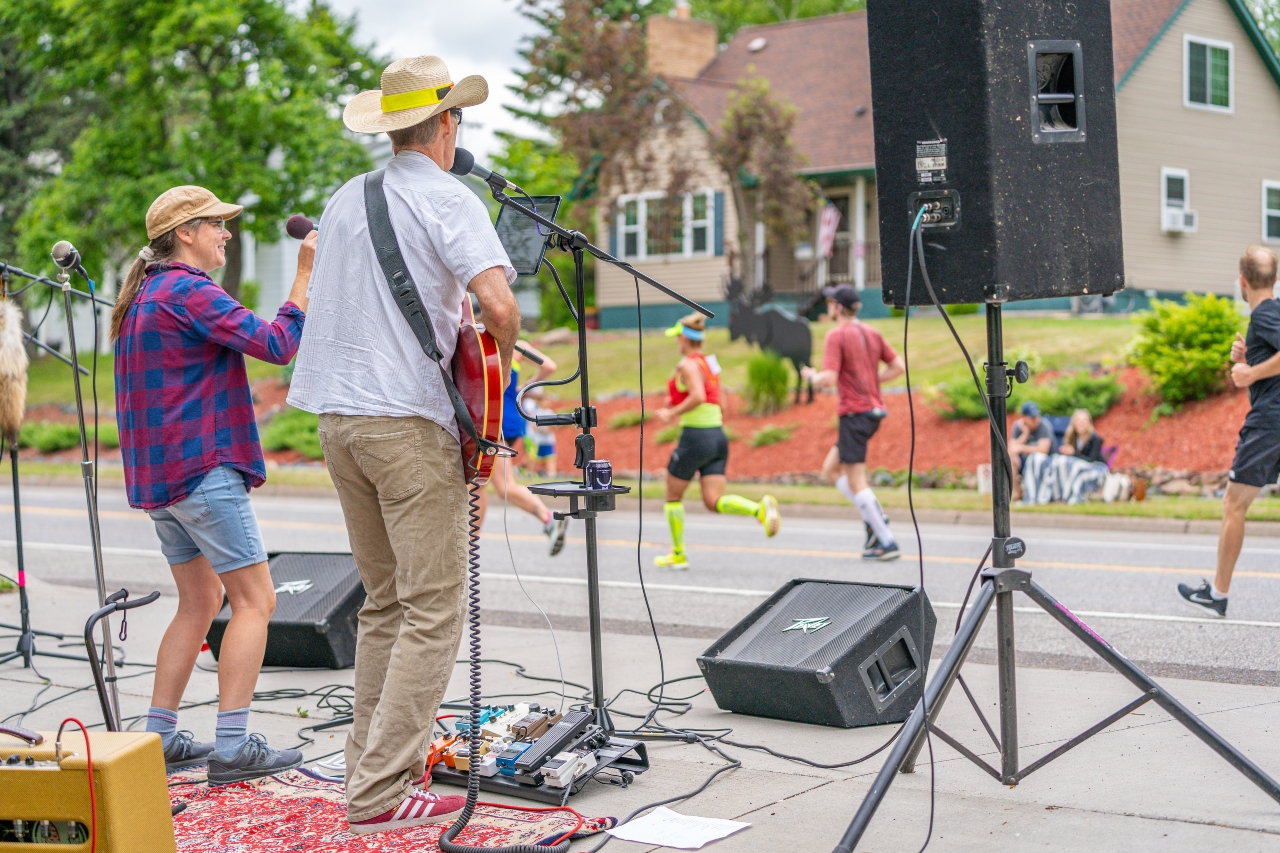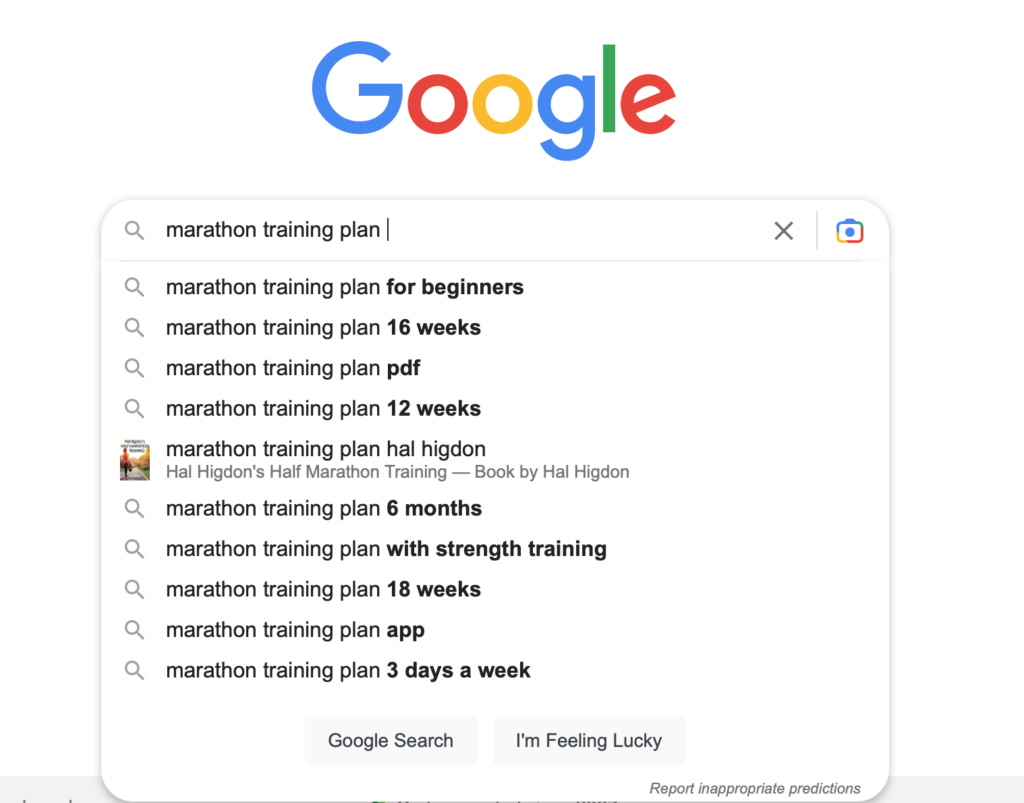
When you tell someone you’re going to run a marathon, the first reaction typically sounds like, “Wow, good for you!” or “You’re crazy!”
The next few questions are usually along the lines of “What’s the farthest you’ve run?” or “Are you following a training plan?”
People typically look for guidance with training plans, especially if it’s their first big race. There are countless training plans that can be found on the internet, whether you’re a first-time marathoner or looking to run a Boston qualifying time. For those looking for a bit extra, there are many running coaches out there that can make individualized plans according to the runner’s goals or ability.
After choosing the training plan that fits best for you, the next step is to start running! No matter which plan you choose to follow, it takes a tremendous amount of training to prepare for a marathon, and this training takes a big toll on your body. Along with the physiological changes your cardiovascular and musculoskeletal systems go through, it takes a significant amount of time set aside to get the “X” amount of miles the training program calls for every week.
Training for a marathon is no easy feat. It takes an incredible amount of discipline, endurance, and resilience. Sometimes your body isn’t cooperating with what the training plan has on the agenda. It’s safe to assume that someone who is training for a marathon follows a strict regimen.
I am all for discipline, doing the run even when you don’t “feel like it,” and staying consistent with training. I completely believe that in order to succeed, you have to push yourself outside your comfort zone and get comfortable with being uncomfortable. Here comes the but…
BUT not at the expense of neglecting what your body is telling you. I know this is not new information to any runner (although sometimes we’d like to forget this)… overuse injuries are a real thing. Burnout is a real thing. Sore muscles (which are actually microtears to muscle fibers) are real. (I’d also like to clarify that microtears that cause delayed onset muscle soreness (DOMS), is completely normal and is how muscle is built… IF you give your body time to recover).
Now, I’m not saying to not go on your run when you “don’t feel like it” or because you got 6 hours of sleep instead of 7 hours the night before. I’m talking about when your body is physiologically giving you signs that what’s on the training plan for the day may not be the best option… for that day. I’m saying that when it’s hard for you to squat and reach something off the floor because you’re that sore from yesterday’s lift, maybe choose a lighter workload instead of that 15 mile run you had planned.
This diversion in the training plan does not slow or negatively affect your progress. It doesn’t mean you’re “behind” or “off-track.” And I’m not saying skip the 15 mile run that week… I’m saying be flexible with your plan and do what works best for YOU and your body. Maybe do a light run and save the long run for later in the week.
I think it’s important in training to remember that you are asking your body to do an incredible thing. You are constantly putting stress on your system and I think it’s so important if you want to get the most out of training, to listen and respect what your body is telling you. With that said, don’t be afraid to push yourself out of your comfort zone. Our bodies are capable of amazing things and it’s incredible to see our human limit. Just remember to always make time for recovery if that’s what your body is asking for.










